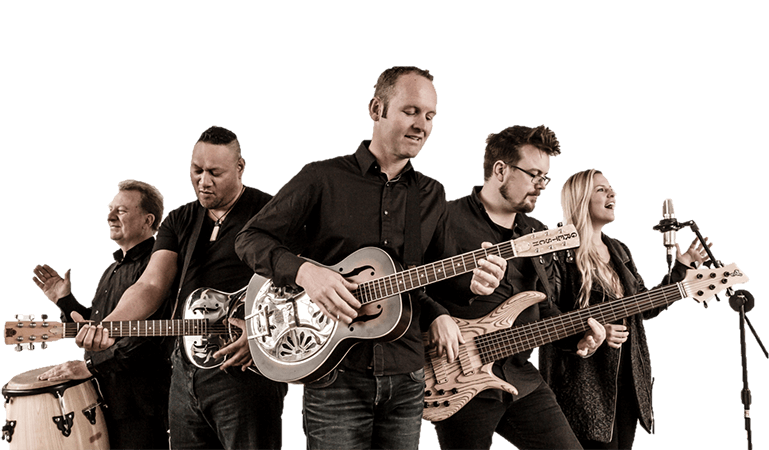Psalm 116 is a testimonial and thanksgiving psalm. It is a psalm of public edification and it is also a psalm of self-edification. The psalmist is not only seeking to glorify God before others but he is seeking to bolster his own love for God and trust in God by recalling what God has done. I have found this practice remarkably effective for times of prayer, particularly when it is hard to really engage, or when my faith is feeling weak. By recalling what God has done for us in the past, by even saying it aloud and describing the events in detail we create a fountain of praise within us from which prayer flows naturally. Psalms like this were used as offerings in the temple or at least as accompaniments to thank offerings of produce or livestock. The psalm itself is a formal offering of thanks in the form of a testimony to be made before the assembly. Many of the psalms contain promises to God to declare his goodness to the assembly and in prayers of distress this is often used as an appeal: that when God answers the individual he will declare what God has done before the people by physical sacrifice and by verbal declaration. This is a vow which was obviously made by this psalmist when we was ‘overcome by trouble and sorrow.’ Hence toward the end of the psalm he says that he is fulfilling his vow of thanksgiving in the presence of the people. The psalmist implicitly calls upon others to trust in God in the act of thanksgiving which is embodied in this psalm but most significant is the explicit exhortation which the psalmist makes to himself: ‘Be at rest once more, O my soul, for the LORD has been good to you’ (vs. 7). The practice of giving thanks is good for the soul, it brings rest and assurance as it bolsters our faith.
Join our mailing list!Sign up for free and we'll keep you up to date with the latest Sons of Korah news about tours, new music and more.
